Putin: West ignored Russia's security concerns
Russian President Vladimir Putin says the United States has ignored Moscow’s key concerns in its response to Russian demands for legally binding security guarantees aimed at easing tensions with the West over Ukraine.
“We are carefully analyzing the written responses received from the United States and NATO,” Putin told reporters after talks with Hungarian Prime Minister Viktor Orban at the Kremlin on Tuesday. “But it is already clear that fundamental Russian concerns ended up being ignored.”
The US, its NATO allies, and Ukraine have accused Russia of amassing troops near Ukraine's border for a possible invasion. Moscow has rejected the allegation, saying the troop build-up is defensive as NATO has increased its activities near Russian borders.
Russia asked the United States for certain security guarantees in an attempt to defuse the escalation of tensions over Ukraine, demanding that the Western military alliance deny Ukraine membership at NATO. Moscow also proposed that the US not establish any military bases in the former Soviet states that are not part of NATO, and not develop a bilateral military alliance with them. Washington rejected the proposals as “non-starters.”
The United States late last month delivered a reply in coordination with NATO allies to Russia.
"We did not see adequate consideration of our three key demands regarding the prevention of NATO expansion, the refusal to deploy strike facilities near Russia's borders, and the return of the bloc's military infrastructure in Europe to the state in 1997," Putin told reporters at the Kremlin.
"When ignoring our concerns, the US and NATO point to the right of states to freely choose how to ensure their security," the Russian leader said, adding that it was just one part of the security equation.
"The second integral part says that it is impossible to allow the strengthening of one's security at the expense of the security of others."
The US and the European Union have threatened tough economic sanctions against Russia in case of an attack on Ukraine.
High-level talks underway to avert threat of Ukraine war
Putin’s remarks on Tuesday come as diplomatic efforts to prevent an alleged Russian plan to invade Ukraine have been ramped up, with officials from several sides of the crisis getting involved in high-level talks to work out a diplomatic solution.
British Prime Minister Boris Johnson arrived in Ukraine’s capital, Kiev, on Tuesday for discussions with Ukrainian President Volodymyr Zelenskyy, while US Secretary of State Antony Blinken and Russian Foreign Minister Sergey Lavrov spoke by phone.
“As a friend and a democratic partner, the UK will continue to uphold Ukraine’s sovereignty in the face of those who seek to destroy it,” Johnson said on Twitter before landing in Kiev.
The British premier on Saturday accused Russia of “destabilizing” the situation around Ukraine, saying London was planning to offer NATO a "major" deployment of troops and military hardware in Eastern Europe.
The UK has already more than 900 military personnel based in Estonia, and more than 100 in Ukraine as part of a training mission started in 2015. A light cavalry squadron of around 150 personnel is also deployed in Poland.
A senior State Department official cited Blinken as telling his Russian counterpart on Tuesday that now would be the time to pull back Russian troops from the border with Ukraine if Moscow was not intending to invade.
“If President Putin truly does not intend war or regime change, the Secretary told Foreign Minister Lavrov, then this is the time to pull back troops and heavy weaponry and engage in a serious discussion… that can enhance collective European security,” the official said, speaking to reporters on a call on the condition of anonymity.
Blinken told Lavrov that Washington sought an “immediate Russian de-escalation” of the crisis and the “withdrawal of troops and equipment from Ukraine’s borders,” according to the State Department.
The US diplomat also underlined Washington’s willingness to continue a “substantive exchange” with Moscow on mutual security concerns during the call.
Trump raises global tariffs to 15%, calls Supreme Court ruling ‘ridiculous’
IRGC Navy tests Sayyad-3G air defense missile in Strait of Hormuz
Iran labels EU naval, air forces as ‘terrorist’ in response to IRGC listing
ICE quietly buys warehouses for major detention expansion
Family of US citizen killed by Israeli settler demands end to impunity
VIDEO | Press TV's news headlines
VIDEO | Trump’s 'Gaza Riviera' vs. tents: Deep divide over US' 12-point plan
VIDEO | Palestine Action is back!


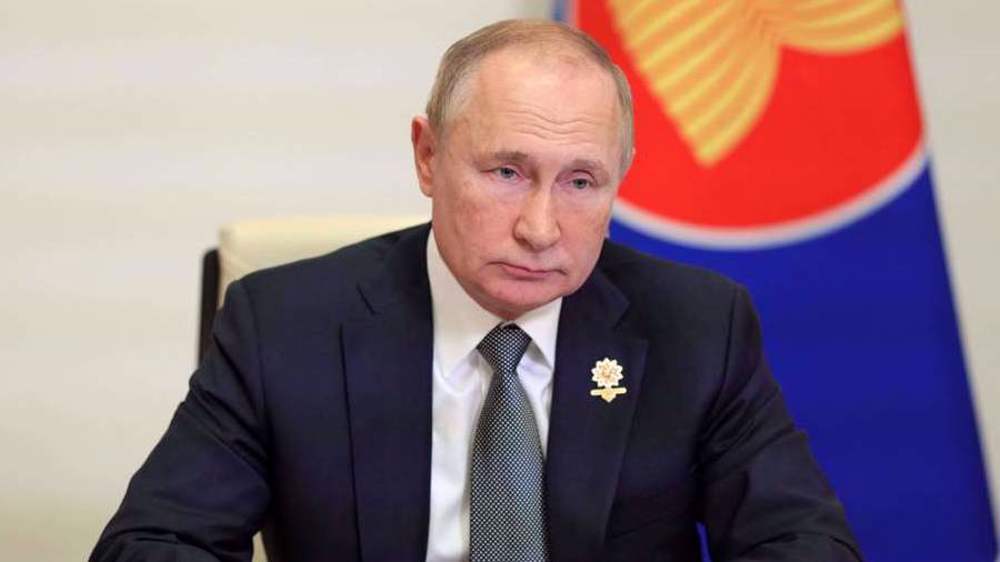
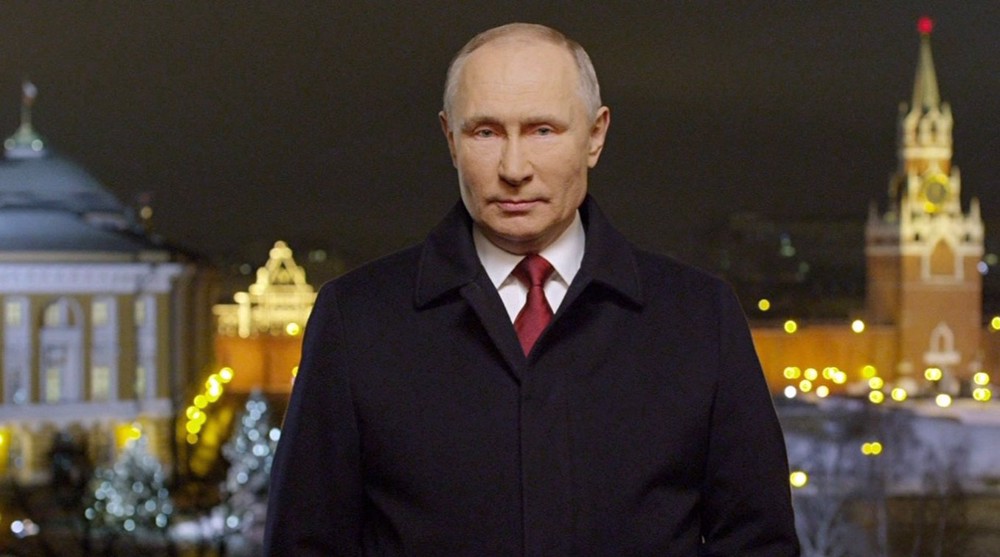
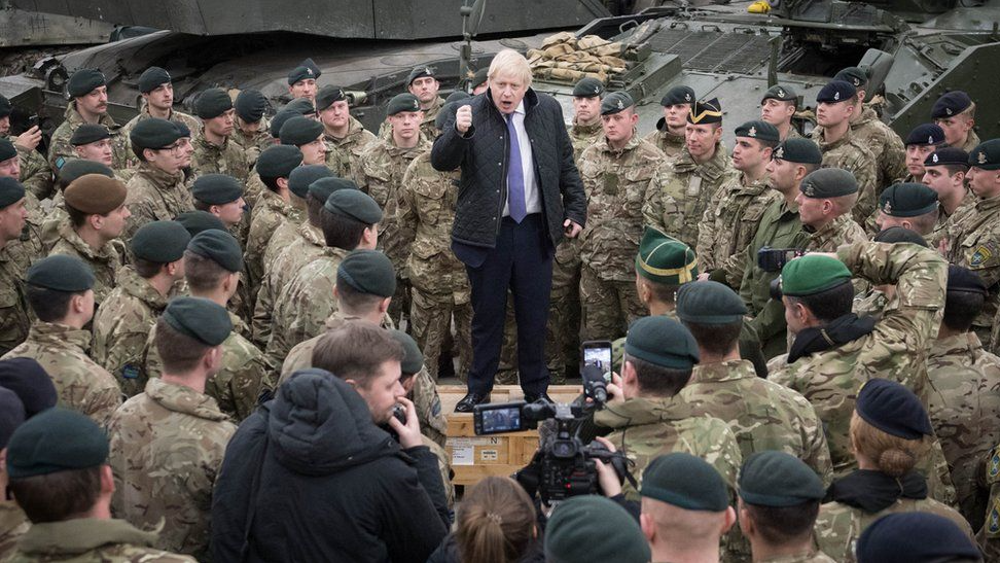
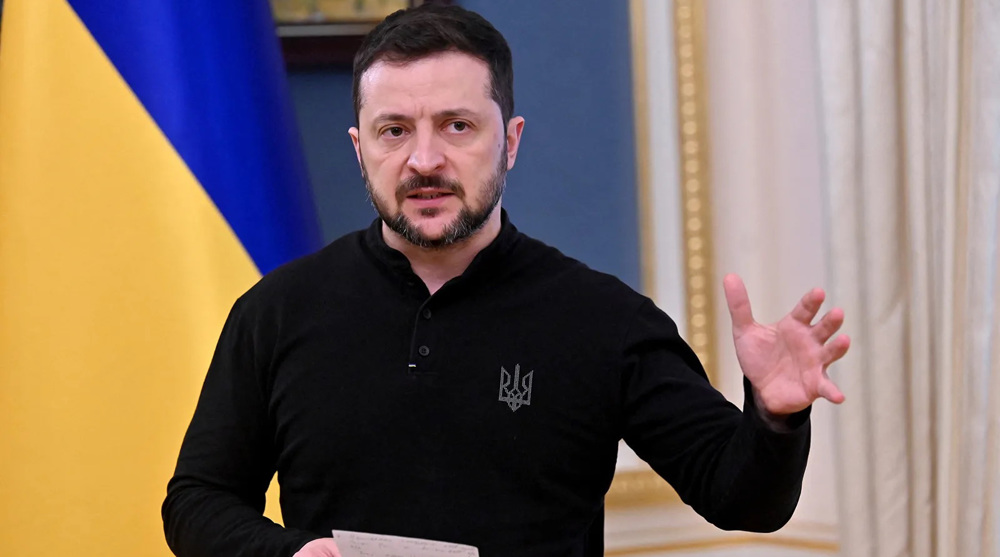
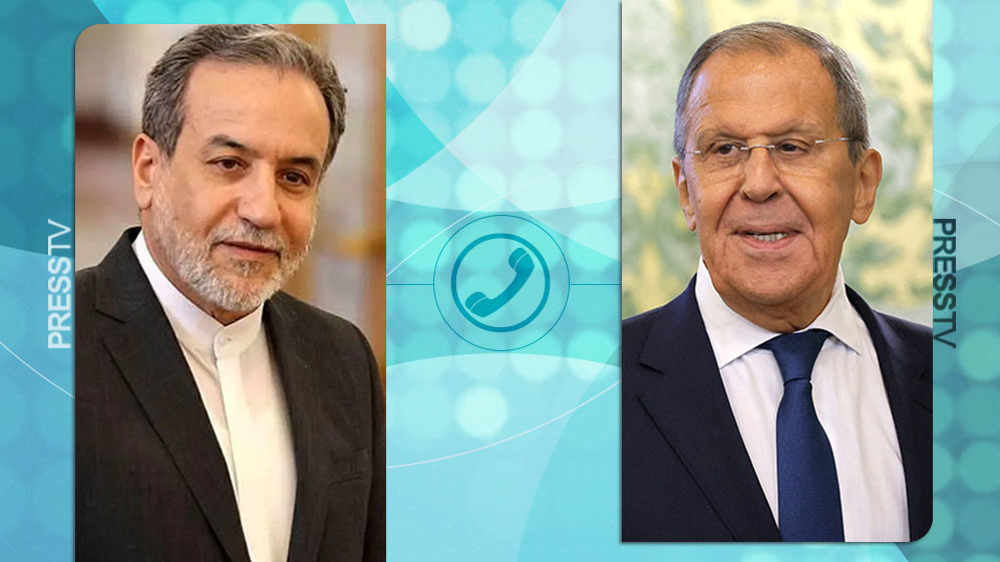
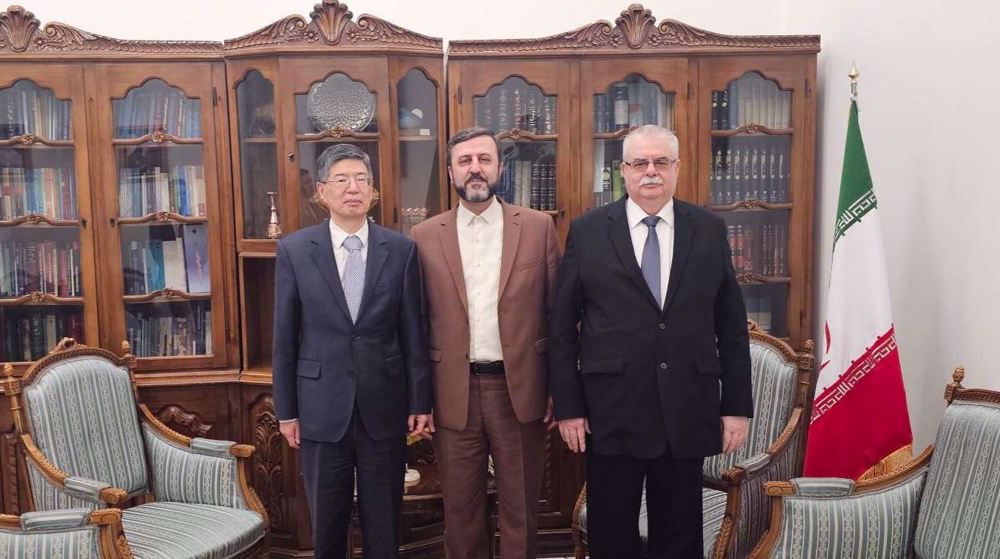




 This makes it easy to access the Press TV website
This makes it easy to access the Press TV website